In an interview with Euronews, Salomé Zourabichvili asked EU countries to avoid 'business as usual' with the Georgian government, as 'Russia is experimenting a new form of invasion' in the country.
The outgoing Georgian president has repeated claims that the 26 October Georgian parliamentary election was manipulated by Russian propaganda, and called on the EU to act quickly, without elaborating on how, in an interview with Euronews.
Talking following a speech in the European Parliament’s plenary in Strasbourg, Salomé Zourabichvili reiterated her promise not to step down on the 29th of December, the inauguration day when the newly elected president, Mikheil Kavelashvili, is supposed to take office.
“My mandate continues because the Constitution says that it stops when a president is inaugurated. But that president has to be elected by the [electoral] college, by the parliament, which in itself has to be legitimate, which is not the case. So I will continue until the next elections,” she said.
‘Elections were manipulated’
Zourabichvili reiterated calls for a fresh vote, claiming that the legislative elections held on the 26th of October were manipulated by Russian interference. This vote resulted in the new Parliament, which, along with local representatives, elected the new president on the 14th of December.
However, the current president is convinced that the Georgian population will support her and does not fear being removed by force, even if she could lose her security apparatus. “My legitimacy comes from my election and from the trust and confidence of the population. It doesn't depend on the building or on the security apparatus or on anything material that they will or will not provide,” she said, referring to the ruling party Georgian Dream. “They certainly will not accept. They didn't accept it earlier.”
She claimed Georgian Dream should’ve received between 30% and 35%, rather than the 53% they recorded, citing difficulties affecting the votes of Georgia’s one million diaspora emigrants, of whom she claimed 34,000 were able to vote “because of the amount of artificial obstacles that were put in their way”.
Zourabichvili outlined various ways – including ballot stuffing using new electronic machines, intimidation and vote-buying - she alleged Russia interfered in Georgia’s 26 October elections.
In one month, she said, a flow of 200 million dollars of black money made its way into the country. “And that's what we know because the central bank had to sell dollar reserves at that time, and there was no other explanation,” she claimed.
She said Georgian Dream laid the groundwork to rig the election by introducing a law designed to put pressure on non-governmental organizations financing, leaving them less prepared for election observation.
“So this was a sophisticated, well-planned, well-designed operation supported by Russian propaganda,” she said, citing a meme claiming that a “Global War party” including Western countries was dragging Georgia into the war in Ukraine.
Russia resolutely rejected any allegations claiming interferences in Georgia's parliamentary election. “We resolutely reject such accusations. This has become standard for many countries, and, at the slightest thing, they immediately accuse Russia of interference. No, that is not true, there was no interference, and the accusations are absolutely unfounded,” Kremlin spokesman Dmitry Peskov told reporters in Moscow few days after the vote took place.
'A new form of invasion from Russia'
Zourabichvili said she did not fear Russian invasion of Georgia, partly because Russian troops are already on Georgian territory, she said, referring to Abkhazia and South Ossetia, which Georgia considers “occupied territories”. But she said Russia was experimenting with “a hybrid invasion through elections, through proxies, through authoritative government”.
She called on the EU to act quickly, to avoid adopting a “business as usual” link with the Georgian government, which “lies to its people, saying that they will anyway return to the European path while they are establishing a really authoritarian Russian-type state.”
Indeed, the ruling party has not explicitly refused to enter the EU but announced on the 28th of November the suspension of EU membership talks until the end of 2028. This decision caused massive protests, which are still ongoing in several Georgian cities, followed by violent suppression, chaotic clashes on the streets, arrests of opposition figures, and multiple reports of injured people.
For now, Europe has been “slow to wake up and slow to react,” as the Georgian president quipped during her plenary speech. While the European Parliament called for new elections in the Eastern Europe country, the EU Member States proposed a suspension of visa-free travel for Georgian holders of diplomatic and service passports. However, they could not agree on imposing EU sanctions on Georgian officials, as the move was blocked by the vetoes of Hungary and Slovakia.
“I know the difficulties of [finding] consensus on deciding on more direct measures,” Zourabichvili commented. “But I also think that the EU cannot let one country decide its foreign policy in a region that is strategically so important for the European Union as the Caucasus is.”
Therefore, she asked the EU to step up its reaction and support her now. She has pleaded her case by meeting MEPs and EU officials in the Parliament after her speech. “Some people ask me whether I'm going to go into exile, saying they would be very glad to support me. But no, I'll be in Georgia, and they have to support me in Georgia together with the Georgian population.”

 4 months ago
35
4 months ago
35
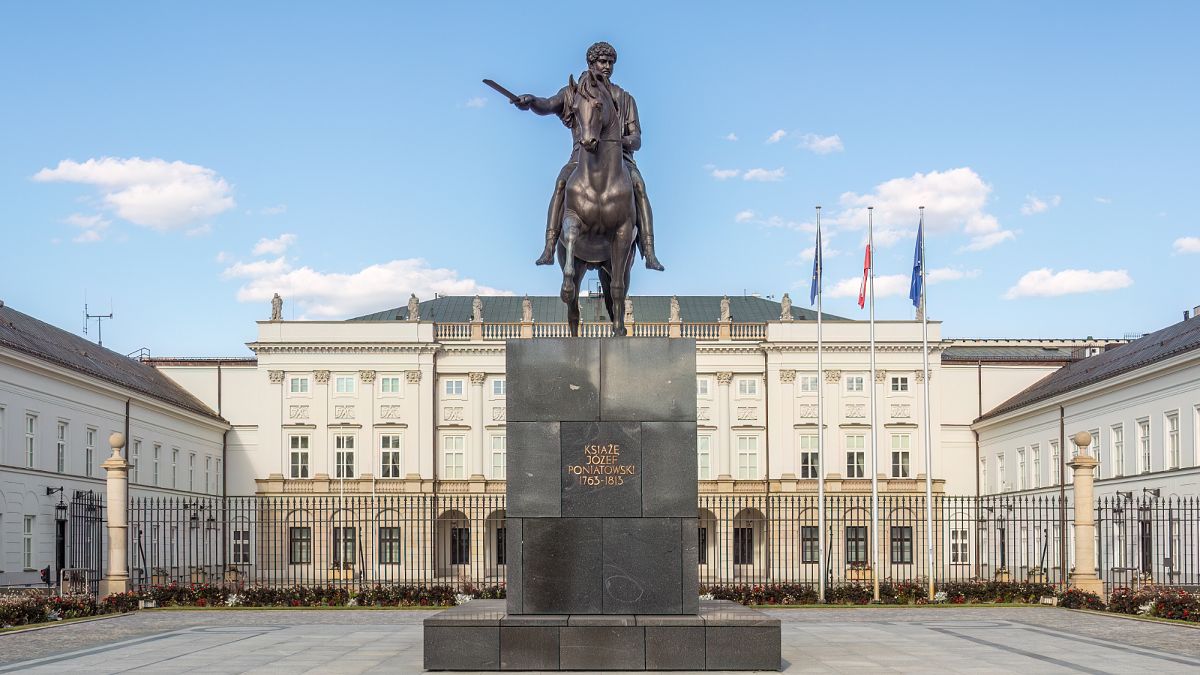
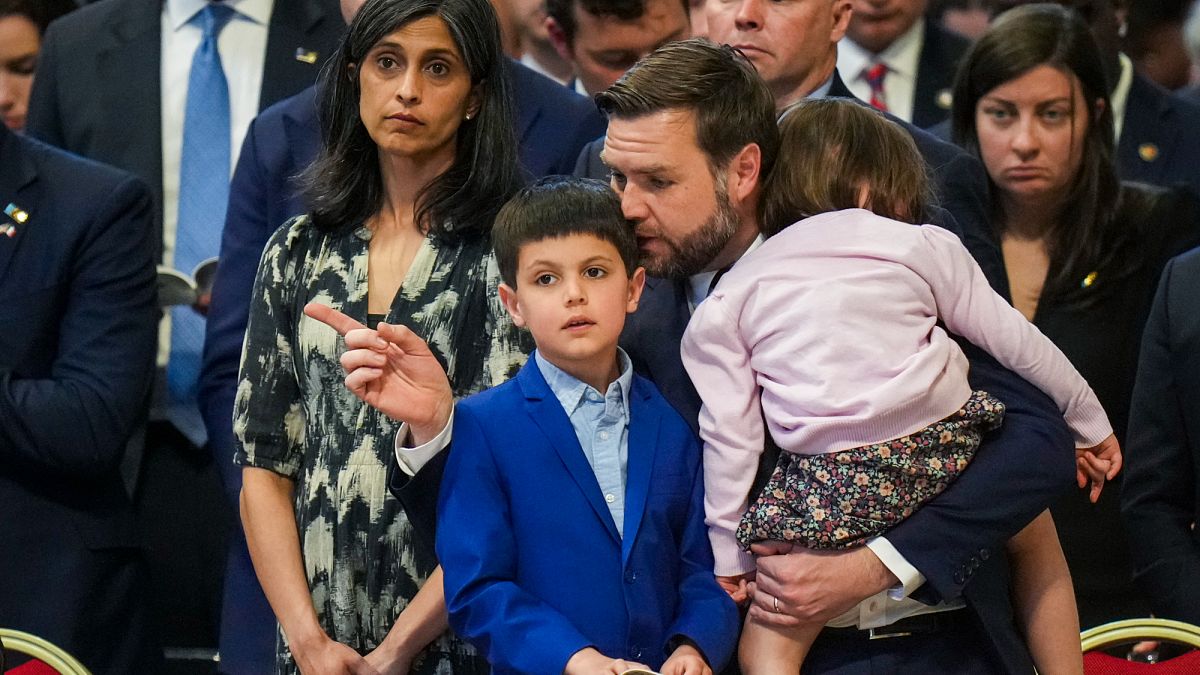
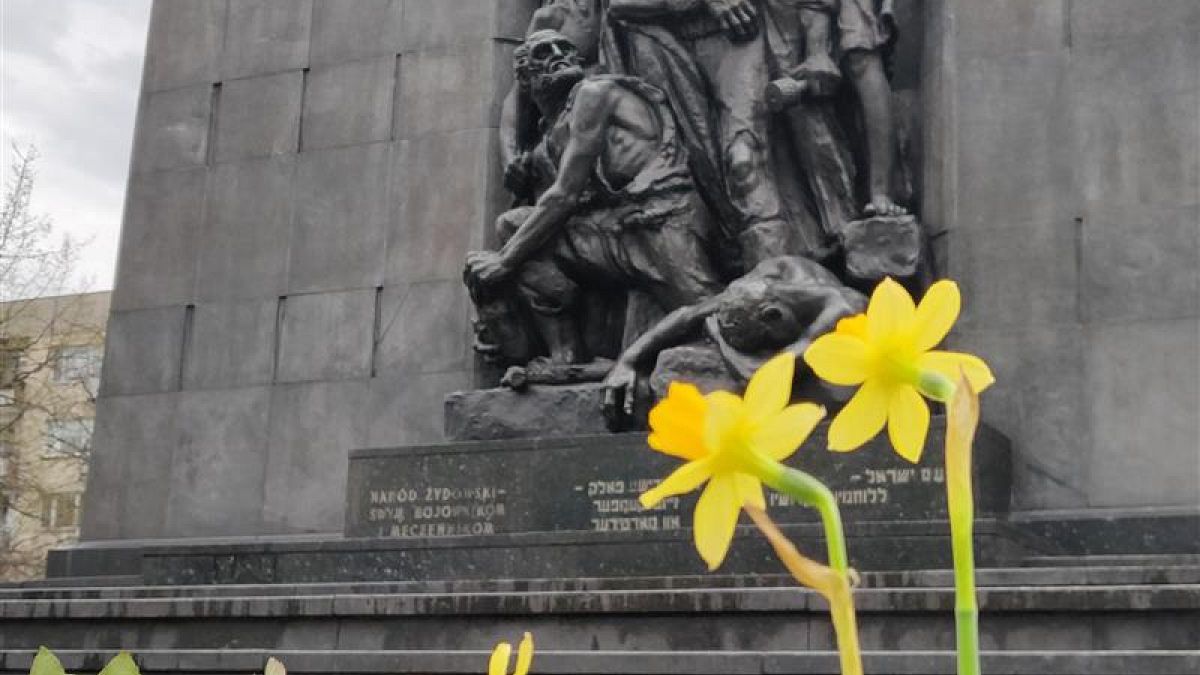
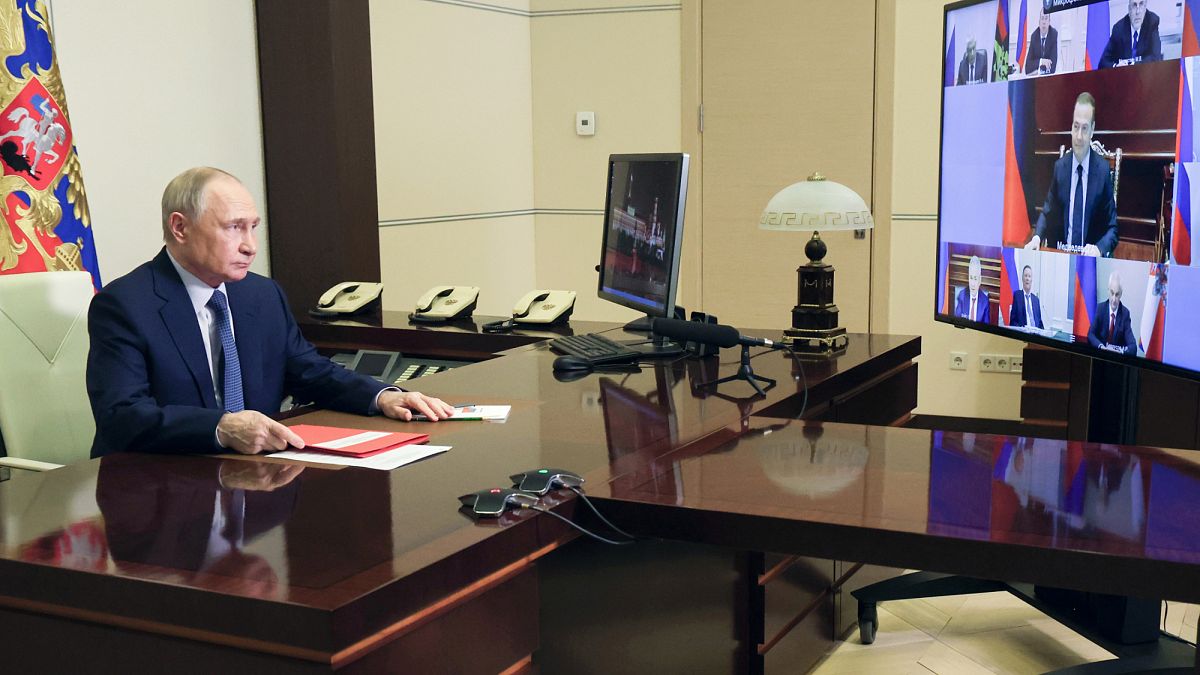
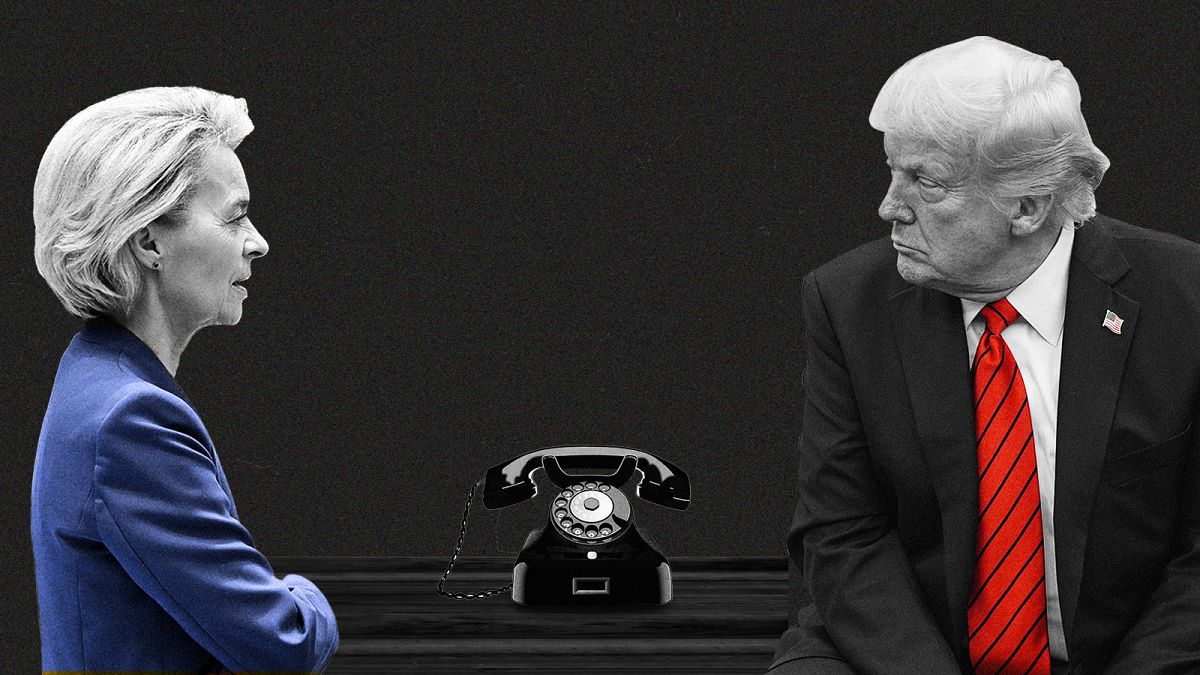
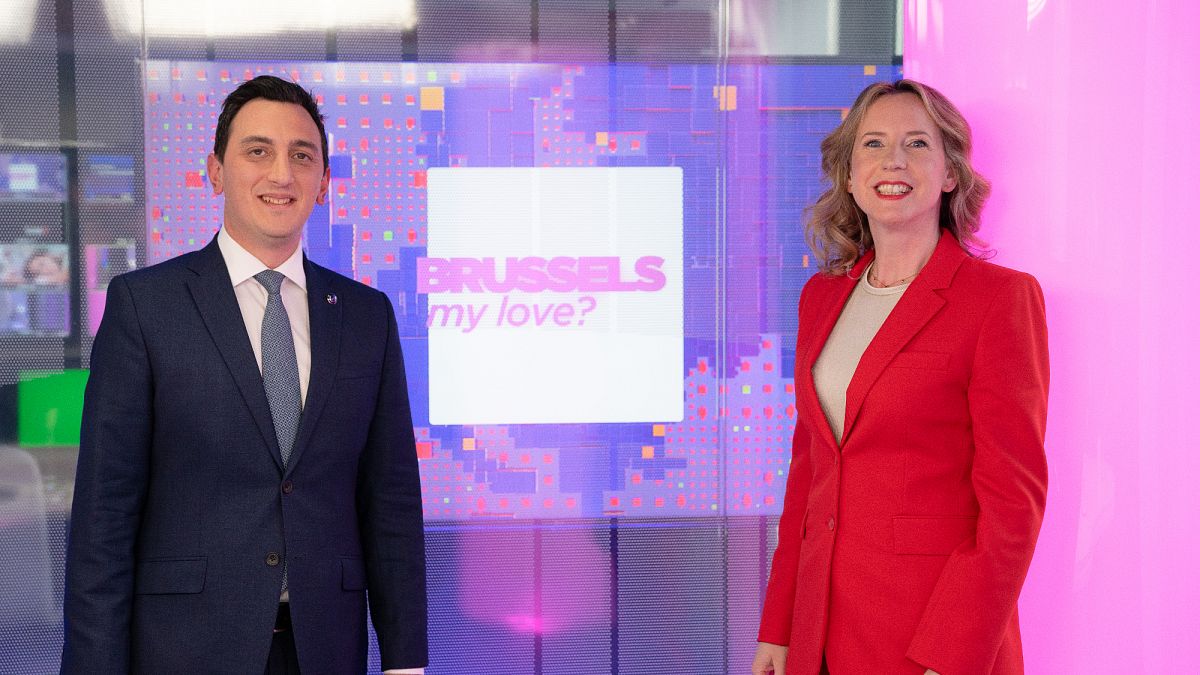
 We deliver critical software at unparalleled value and speed to help your business thrive
We deliver critical software at unparalleled value and speed to help your business thrive






 English (US) ·
English (US) ·